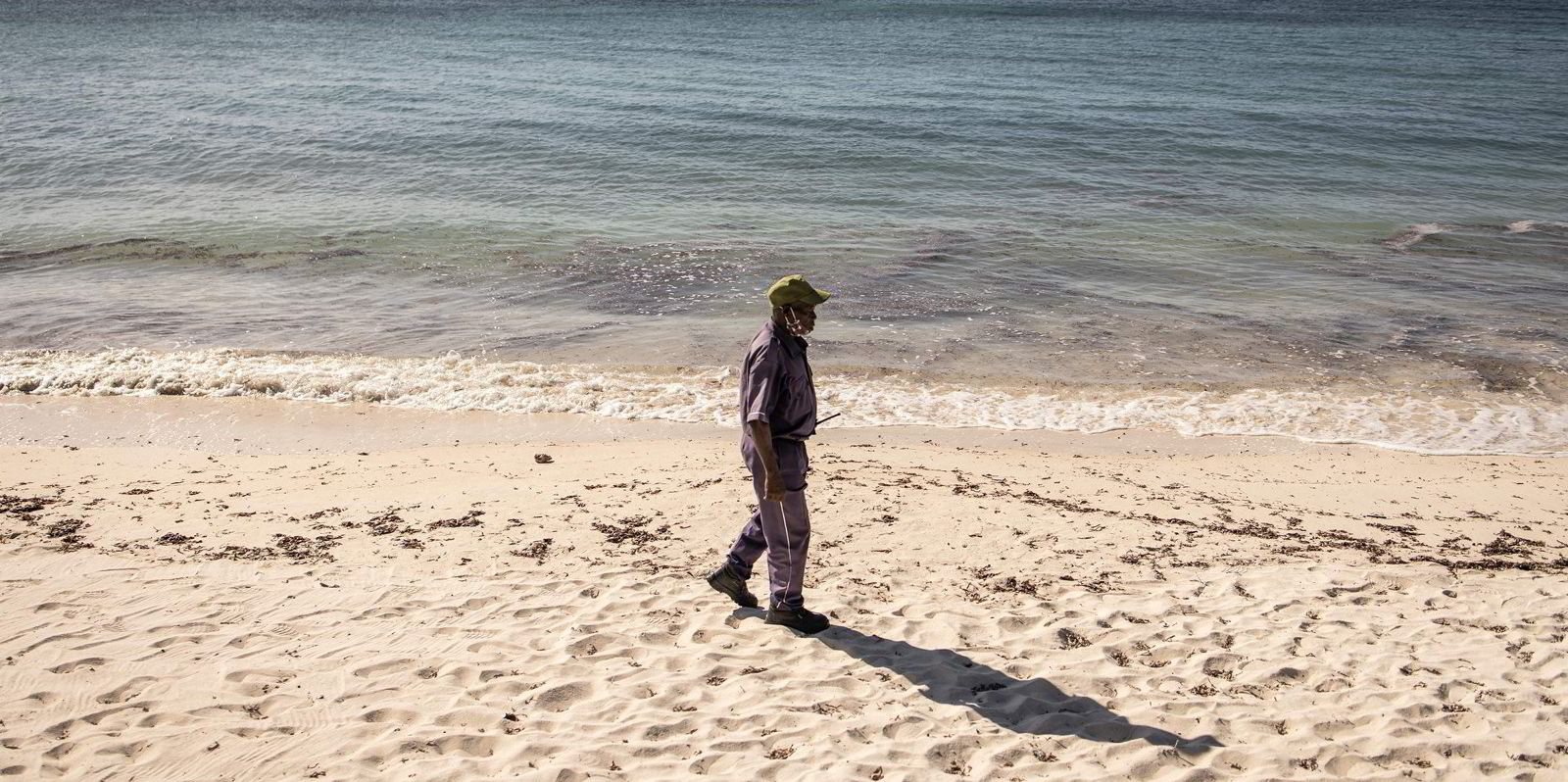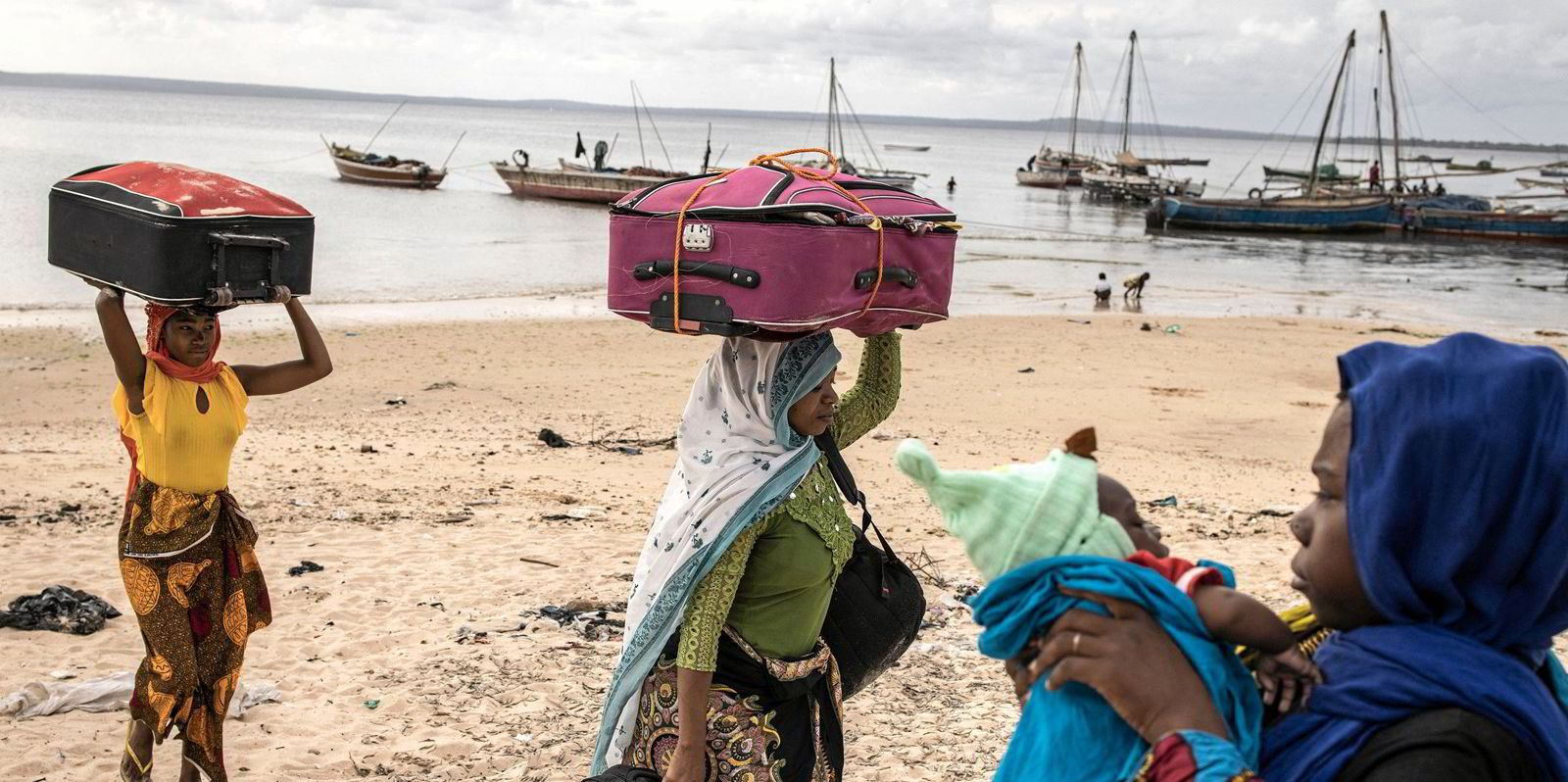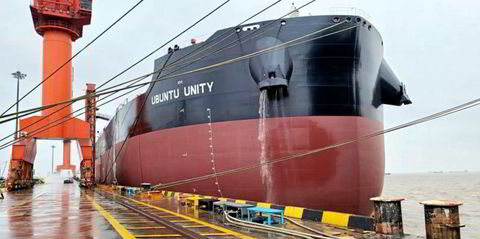The International Transport Workers' Federation (ITF) has requested that shipowners do not make crew changes in northern Mozambique due to violence from alleged affiliates of the Islamic State.
The ITF said the risk of an attack harming seafarers or ending in their kidnapping was too high to justify continuing to switch crews in the country's province of Cabo Delgado due to the insurgency there.
"There has been widespread loss of life and property in Cabo Delgado," said ITF Africa regional secretary Mohammed Dauda Safiyanu.
"Mozambican transport workers have also been suffering due [to] the disruption of the conflict on their jobs and industries. Our affiliates are concerned for what will happen to the thousands of local workers who rely on income from the gas project to feed their children.
"We are calling on Mozambique’s government to take all necessary efforts to foster peace and security in the war zone areas so that the people of Mozambique, and Mozambican transport workers in particular, can pick up the pieces of their lives."
He said other ports — such as Biera, Nacala and Maputo — are safe for crew changes.
But the fighting in Cabo Delgado has reportedly killed thousands in the last several years and displaced hundreds of thousands more.
There have been reports of child kidnappings and beheadings from the insurgent group, known as al-Shabab, which is its own group, separate from the al-Shabab in Somalia.
The violence forced TotalEnergies to declare force majeure on its 12.9m-tonne-per-annum Mozambique LNG project in Cabo Delgado in April, evacuating all personnel from the project.
On 14 June, TradeWinds reported the deadlines for newbuilding and time charter contracts for 17 LNG carriers for the project had been pushed back until September due to the security issues.
The ITF said the call to avoid Cabo Delgado first came from the Norwegian Maritime Union (NMU), which it was amplifying.
The NMU said the unions' actions would not solve the conflict, but would prevent hostage-taking from becoming a revenue stream for insurgents the way it has in the Gulf of Guinea.






